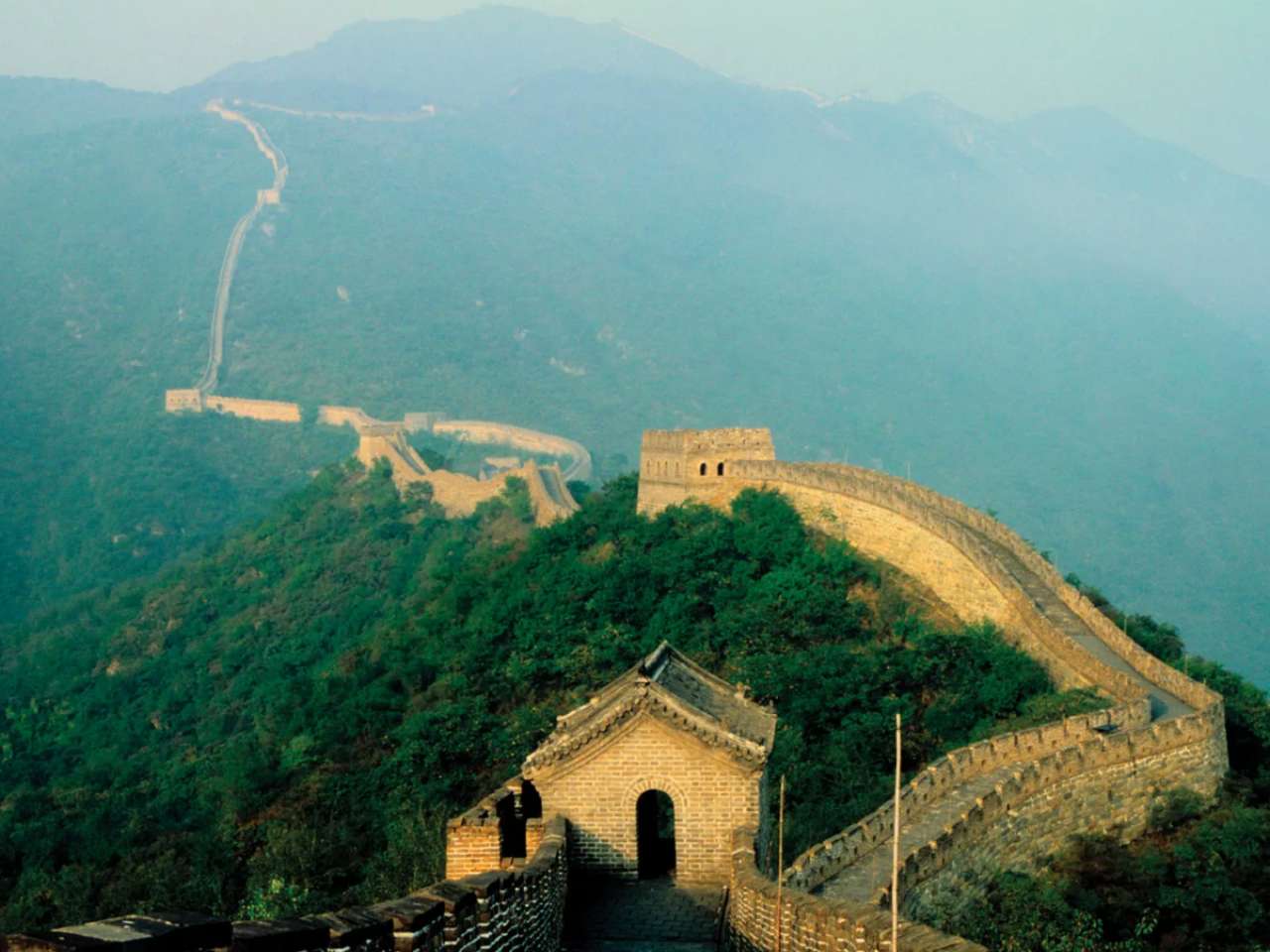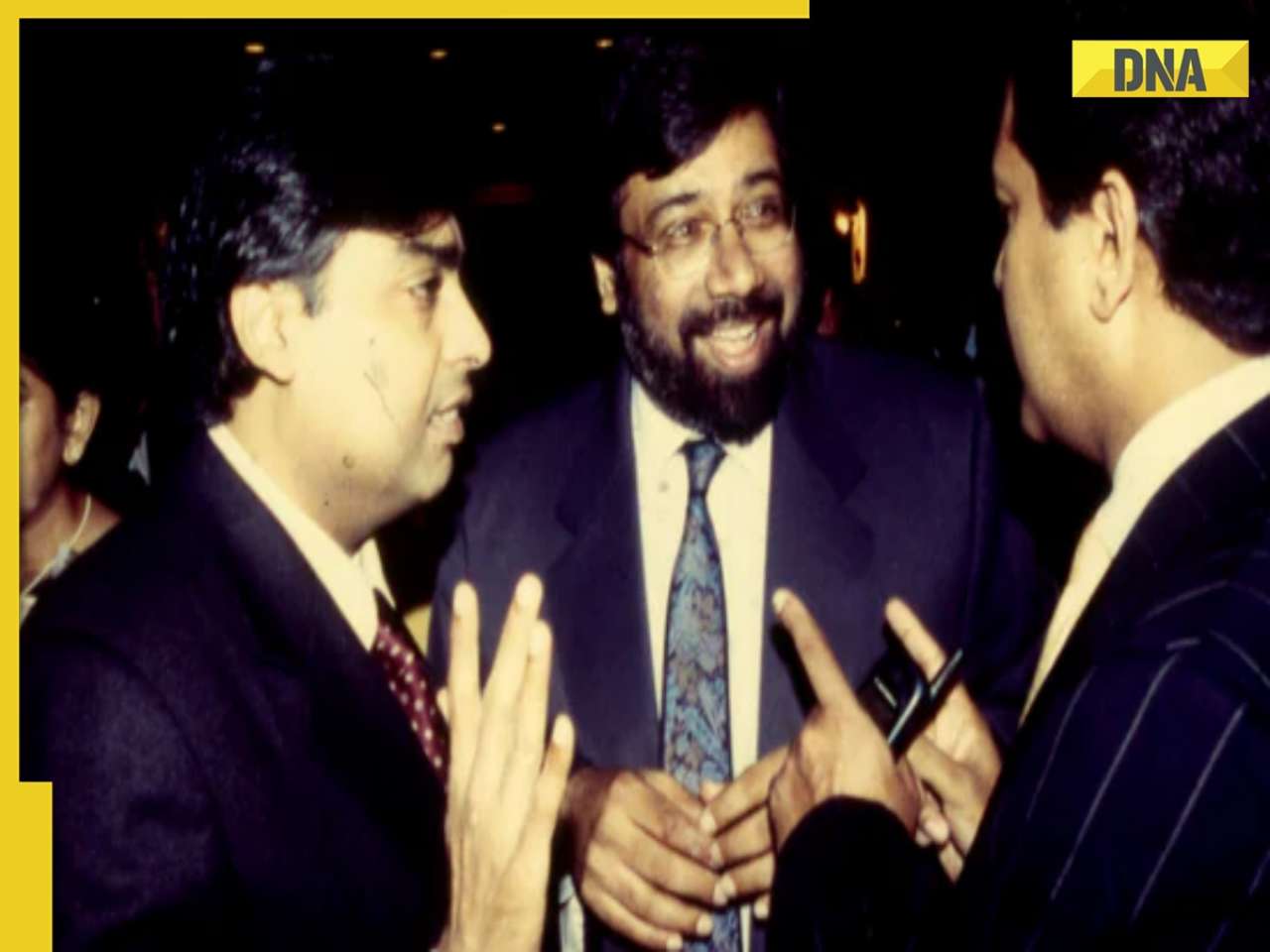The fight to silence the voices of colourism and prejudice from the society is far from over
It has become clear that prejudice has a way of dehumanising society; it has a way of seeping callousness into normalcy, warping the most familiar of events. We saw it in the 20th century propaganda machines, the theatrics of black face and xenophobic plights – all images we are simultaneously detached from and, in the convoluted network of world dynamics, shackled to. It is, therefore, haunting to see strains of a blemished history plastered across billboards, and on the front page of every magazine.
In light of India’s eco-cultural metamorphosis, the relay to retail skin-bleaching products has dramatically escalated. Through the enrapturing rhetoric of cosmetic commercials, the glorification of porcelain skin has disillusioned sentiments of beauty, parading a concentrated standard as a generalised ideal. As beauty tethers itself to the grassroot of self-worth, the hue of one’s skin becomes akin to demeanour.
“The social ramifications of this ‘Snow White Syndrome’ is more dangerous,” asserts Dr Falguni Shah, a Mumbai-based dermatologist. Having worked with clients from across the globe, she says, “In my practice, on an everyday basis, we see moms pushing their daughters to use fairness products, indirectly telling them that something is wrong if they are a shade darker. Before blaming the media for propagating white is good, we ourselves need to stop believing in it.”
In that vein, the self-objectifying pressure of such standards reinforce an unprecedented degree of conformity by extolling a mass produced, cookie cutter, yet dramatically desired image.
With the whitewashing of Indian culture leaking into the entertainment industry, the powers of digital editing and cosmetics have rendered dark skin obsolete, misrepresenting a segment of appearances on behalf of vanity. In addition to the gross disclusion, the entertainment industry moulds the scaffolding of prejudice in the post-modern India by parading behavioural stereotypes. In the absence of cross-cultural interactions, such polarised images have the ability to not only dictate attitudes towards certain groups but also perpetuate generalisations.
However, looking at this from another point of view, Parth Arora, Bollywood producer known for films such as Neerja, MS Dhoni and Yeh Jawaani Hai Diwani, believes, “While I won’t deny that the film industry has been partial to fair skin, fortunately things are changing now, and quite quickly if I may say so. While stars are expected to be good looking and all that, a lot of actors are shining irrespective of their features. It’s really about the characters they portray and how well they portray them. Yes, the audience is more accepting of talent and not just skin colour. And the best part is, it’s trickling down to the filmmakers.”
This change can be viewed in the evolving emphasis placed on talent rather than appearance and just as the entertainment industry begins to reform their perceptions, it is necessary for the rest of the nation to follow suit.
With matrimony domineering domestic scenarios, skin colour becomes a decreeing bellwether when looking for the ideal partner. A survey conducted by one of the leading matrimonial websites reveals that 49 per cent men between the age of 18 and 45 only seek partners with light skin. This sense of paralleling prospering companionship with light skin actualises how media-dictated standards prevail over perception and individual choice. Light skin, consequently, morphs into the hallmark of aristocracy, success and allure.
From the lynching of black immigrants to the harassment of women considered subsidiary simply because they don’t bear a colour desirable to the quintessential image, episodes of colour-driven violence have elucidated the dangerous personification of prejudice are a few too many. The implications of these, however, bleed far from the social realm; by pouring into an atmosphere of product-perpetuated colourism, the surge of discriminatory brutality saddles India with a melanin-void margin using dated attitudes as boulevards for repressed biases.
Globally, the intensity of colourism poses perilous implications. As an evolving regional power, instances of diseased racial discrimination in India reveal the challenging asymmetry between its social and economic development, consequently impacting its global standing. The remnants of a prejudiced past barricade complete modernity as India begins to take a larger role in global leadership. Hence, an inability to resolve domestic tensions dons India with the image of an inept government lacking the dexterity of a potential global superpower.
This is, consequently, an issue detrimental to Indian society and it is our prerogative not to dispel blame at the abstract concept of colourism but at the concrete reality of individual choice.
AGAINST RACISM
- 2017 is the 16th year of the United Nations Durban Declaration against racism. But the fight against colourism still continues in this subcontinent.
- The Durban Declaration and Programme of Action initiative taken by the United Nations was adopted by consensus back in 2001 in the World Conference against Racism that was held in Durban, South Africa.
THE SYNDROME
- Though the term ‘Snow White Syndrome’ is used in many different contexts, here it refers to the notion of fair complexion as the parameter of beauty.
- This syndrome is grossly present across the globe. People judge other people based on their skin. In the Indian context it is more prevalent as the girls are always under the pressure to be fair to meet the beauty standards.
(The author is a Class 10 student of Oberoi International School, Mumbai who has found the importance of rhetoric, prose and information in countering social injustice.)
![submenu-img]() Viral video: Kind man assists duck family in crossing the road, internet lauds him
Viral video: Kind man assists duck family in crossing the road, internet lauds him![submenu-img]() Can you see the Great Wall of China from space? here's the truth
Can you see the Great Wall of China from space? here's the truth![submenu-img]() Ashutosh Rana breaks silence on his deepfake video supporting a political party: 'I would only be answerable to...'
Ashutosh Rana breaks silence on his deepfake video supporting a political party: 'I would only be answerable to...'![submenu-img]() Meet India's most talented superstar, is actor, dancer, stuntman, singer, lyricist; not Ranbir, Shah Rukh, Aamir, Salman
Meet India's most talented superstar, is actor, dancer, stuntman, singer, lyricist; not Ranbir, Shah Rukh, Aamir, Salman![submenu-img]() This flop film was headlined by star kid, marked south actress's Bollywood debut, made in Rs 120 crore, earned just...
This flop film was headlined by star kid, marked south actress's Bollywood debut, made in Rs 120 crore, earned just...![submenu-img]() DNA Verified: Is CAA an anti-Muslim law? Centre terms news report as 'misleading'
DNA Verified: Is CAA an anti-Muslim law? Centre terms news report as 'misleading'![submenu-img]() DNA Verified: Lok Sabha Elections 2024 to be held on April 19? Know truth behind viral message
DNA Verified: Lok Sabha Elections 2024 to be held on April 19? Know truth behind viral message![submenu-img]() DNA Verified: Modi govt giving students free laptops under 'One Student One Laptop' scheme? Know truth here
DNA Verified: Modi govt giving students free laptops under 'One Student One Laptop' scheme? Know truth here![submenu-img]() DNA Verified: Shah Rukh Khan denies reports of his role in release of India's naval officers from Qatar
DNA Verified: Shah Rukh Khan denies reports of his role in release of India's naval officers from Qatar![submenu-img]() DNA Verified: Is govt providing Rs 1.6 lakh benefit to girls under PM Ladli Laxmi Yojana? Know truth
DNA Verified: Is govt providing Rs 1.6 lakh benefit to girls under PM Ladli Laxmi Yojana? Know truth![submenu-img]() Aamir Khan, Naseeruddin Shah, Sonali Bendre celebrate 25 years of Sarfarosh, attend film's special screening
Aamir Khan, Naseeruddin Shah, Sonali Bendre celebrate 25 years of Sarfarosh, attend film's special screening![submenu-img]() Alia Bhatt wears elegant saree made by 163 people over 1965 hours to Met Gala 2024, fans call her ‘princess Jasmine’
Alia Bhatt wears elegant saree made by 163 people over 1965 hours to Met Gala 2024, fans call her ‘princess Jasmine’![submenu-img]() Jr NTR-Lakshmi Pranathi's 13th wedding anniversary: Here's how strangers became soulmates
Jr NTR-Lakshmi Pranathi's 13th wedding anniversary: Here's how strangers became soulmates![submenu-img]() Streaming This Week: Heeramandi, Shaitaan, Manjummel Boys, latest OTT releases to binge-watch
Streaming This Week: Heeramandi, Shaitaan, Manjummel Boys, latest OTT releases to binge-watch![submenu-img]() Remember Ayesha Kapur? Michelle from Black, here's how actress, nutrition coach, entrepreneur looks after 19 years
Remember Ayesha Kapur? Michelle from Black, here's how actress, nutrition coach, entrepreneur looks after 19 years![submenu-img]() Haryana Political Crisis: Will 3 independent MLAs support withdrawal impact the present Nayab Saini led-BJP government?
Haryana Political Crisis: Will 3 independent MLAs support withdrawal impact the present Nayab Saini led-BJP government?![submenu-img]() DNA Explainer: Why Harvey Weinstein's rape conviction was overturned, will beleaguered Hollywood mogul get out of jail?
DNA Explainer: Why Harvey Weinstein's rape conviction was overturned, will beleaguered Hollywood mogul get out of jail?![submenu-img]() What is inheritance tax?
What is inheritance tax?![submenu-img]() DNA Explainer: What is cloud seeding which is blamed for wreaking havoc in Dubai?
DNA Explainer: What is cloud seeding which is blamed for wreaking havoc in Dubai?![submenu-img]() DNA Explainer: What is Israel's Arrow-3 defence system used to intercept Iran's missile attack?
DNA Explainer: What is Israel's Arrow-3 defence system used to intercept Iran's missile attack?![submenu-img]() Ashutosh Rana breaks silence on his deepfake video supporting a political party: 'I would only be answerable to...'
Ashutosh Rana breaks silence on his deepfake video supporting a political party: 'I would only be answerable to...'![submenu-img]() Meet India's most talented superstar, is actor, dancer, stuntman, singer, lyricist; not Ranbir, Shah Rukh, Aamir, Salman
Meet India's most talented superstar, is actor, dancer, stuntman, singer, lyricist; not Ranbir, Shah Rukh, Aamir, Salman![submenu-img]() This flop film was headlined by star kid, marked south actress's Bollywood debut, made in Rs 120 crore, earned just...
This flop film was headlined by star kid, marked south actress's Bollywood debut, made in Rs 120 crore, earned just...![submenu-img]() India's most successful star kid was superstar at 14, daughter of tawaif, affair with married star broke her, died at...
India's most successful star kid was superstar at 14, daughter of tawaif, affair with married star broke her, died at...![submenu-img]() India's biggest flop actor, worked with superstars, married girl half his age, once left Aamir's film midway due to..
India's biggest flop actor, worked with superstars, married girl half his age, once left Aamir's film midway due to..![submenu-img]() England pace legend James Anderson set to retire from Test cricket after talks with Brendon McCullum
England pace legend James Anderson set to retire from Test cricket after talks with Brendon McCullum![submenu-img]() IPL 2024: Shubman Gill, Sai Sudharsan centuries guide Gujarat Titans to 35-run win over Chennai Super Kings
IPL 2024: Shubman Gill, Sai Sudharsan centuries guide Gujarat Titans to 35-run win over Chennai Super Kings![submenu-img]() KKR vs MI IPL 2024: Predicted playing XI, live streaming details, weather and pitch report
KKR vs MI IPL 2024: Predicted playing XI, live streaming details, weather and pitch report![submenu-img]() 'It's ego-driven...': Ex-RCB star on Hardik Pandya's captaincy in IPL 2024
'It's ego-driven...': Ex-RCB star on Hardik Pandya's captaincy in IPL 2024![submenu-img]() BCCI to advertise for Team India's new head coach after T20 World Cup
BCCI to advertise for Team India's new head coach after T20 World Cup![submenu-img]() Viral video: Kind man assists duck family in crossing the road, internet lauds him
Viral video: Kind man assists duck family in crossing the road, internet lauds him![submenu-img]() Can you see the Great Wall of China from space? here's the truth
Can you see the Great Wall of China from space? here's the truth![submenu-img]() Mother bear teaches cubs how to cross a road with caution, video goes viral
Mother bear teaches cubs how to cross a road with caution, video goes viral![submenu-img]() Meet the tawaif, real courtesan of Heeramandi, was once highest paid item girl, was killed by....
Meet the tawaif, real courtesan of Heeramandi, was once highest paid item girl, was killed by....![submenu-img]() Mukesh Ambani’s old image with billionaire friends go viral, Harsh Goenka makes joke of…
Mukesh Ambani’s old image with billionaire friends go viral, Harsh Goenka makes joke of…




































)


















)
)
)
)
)
)